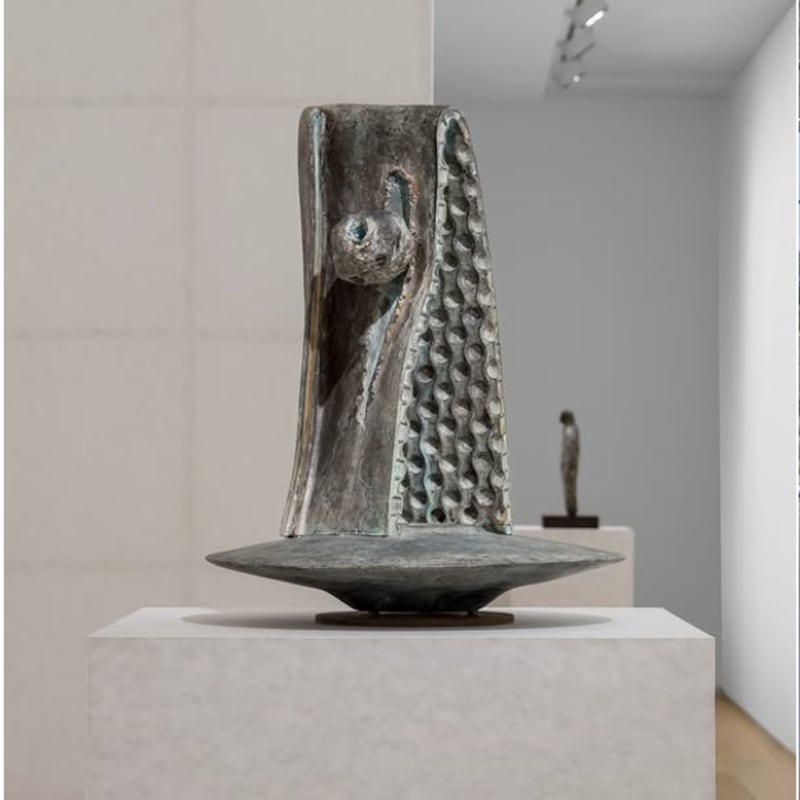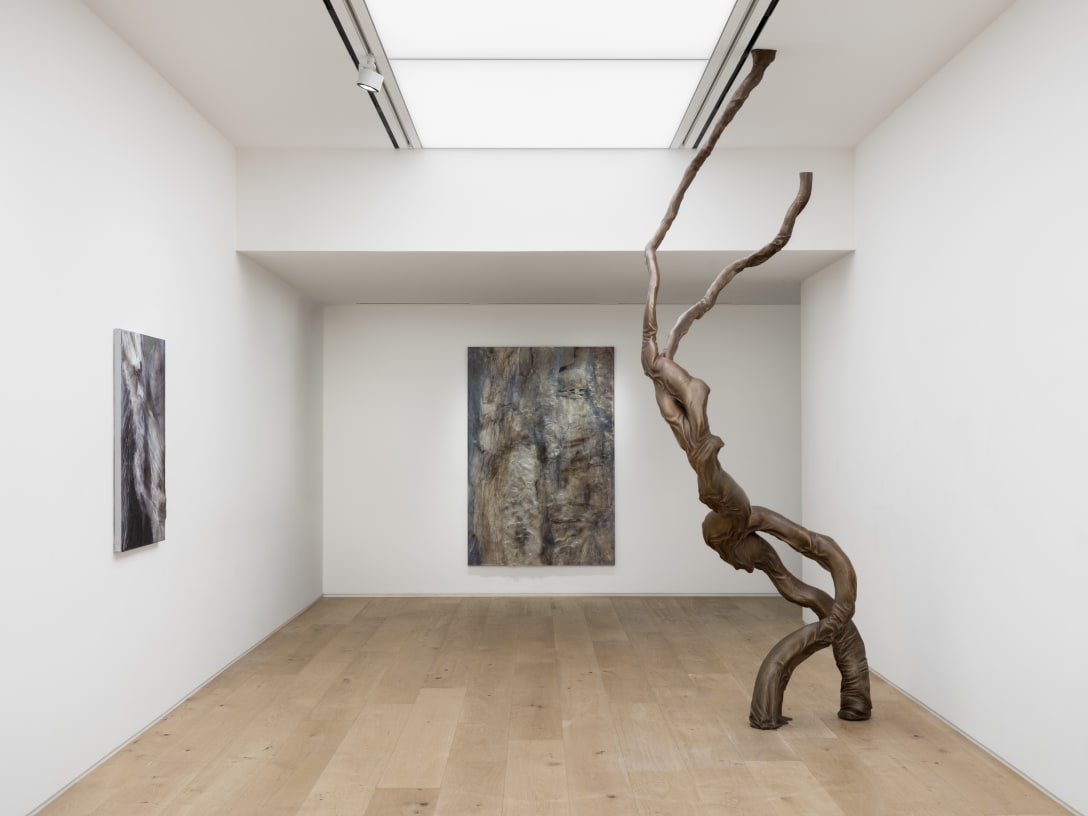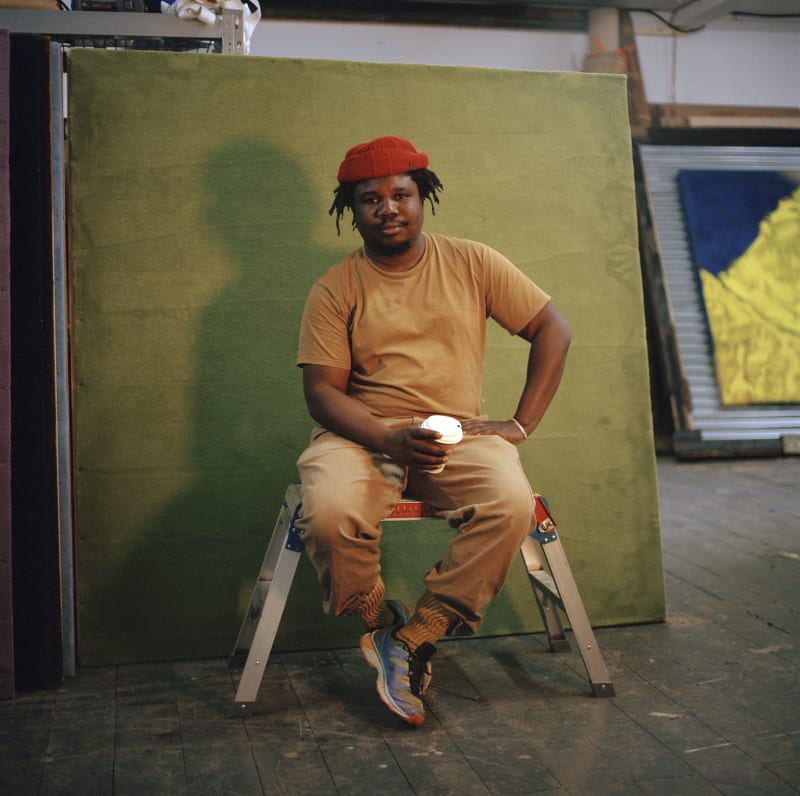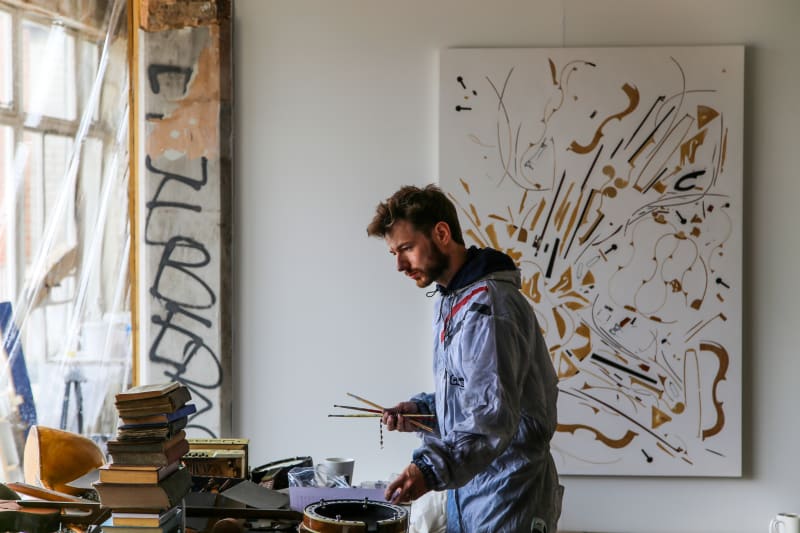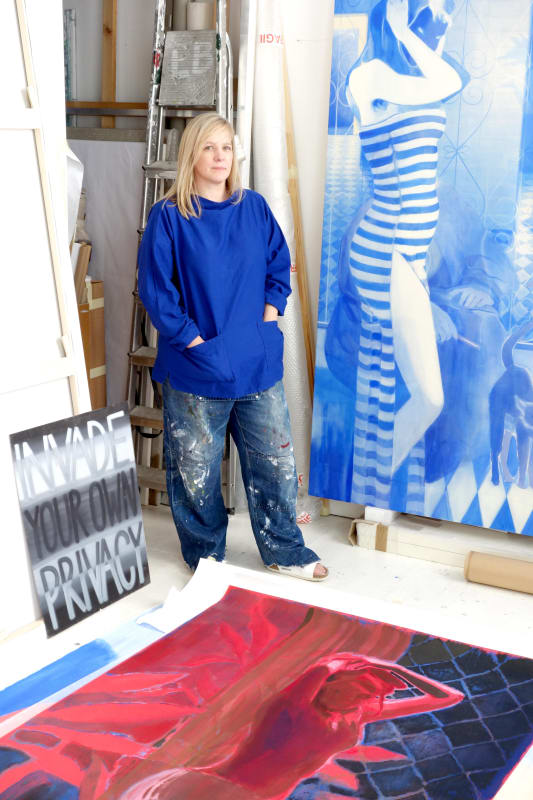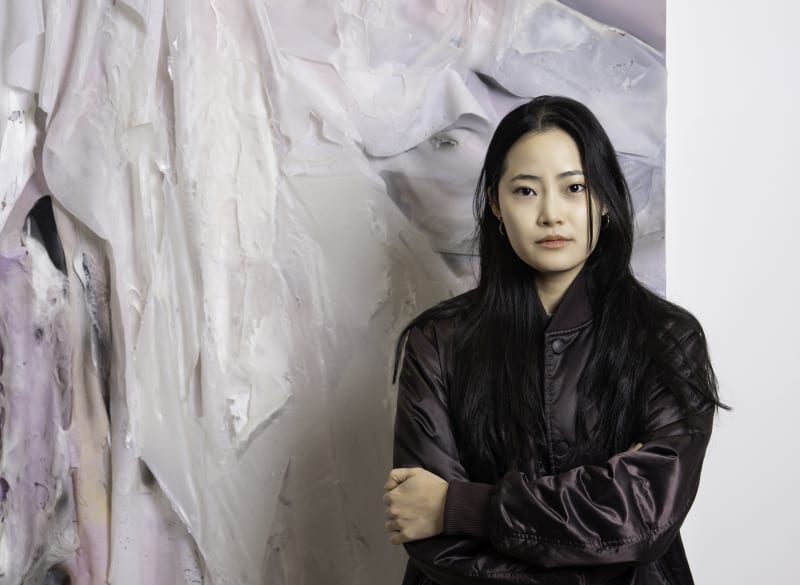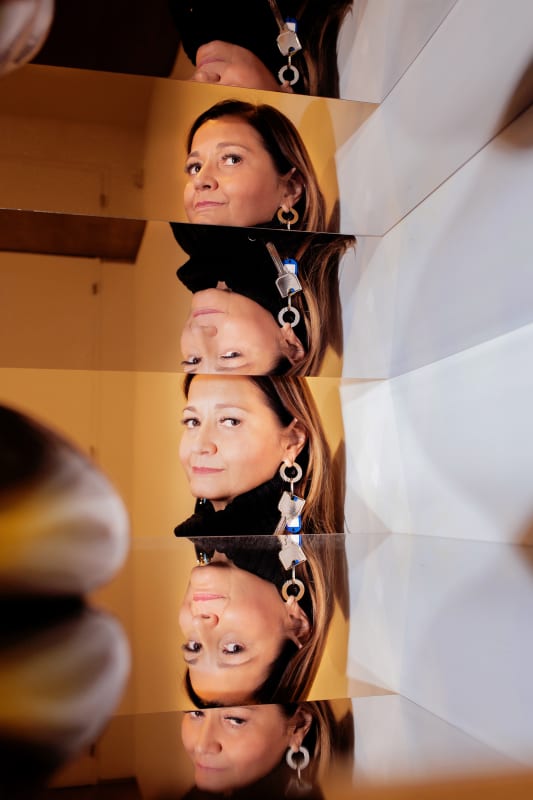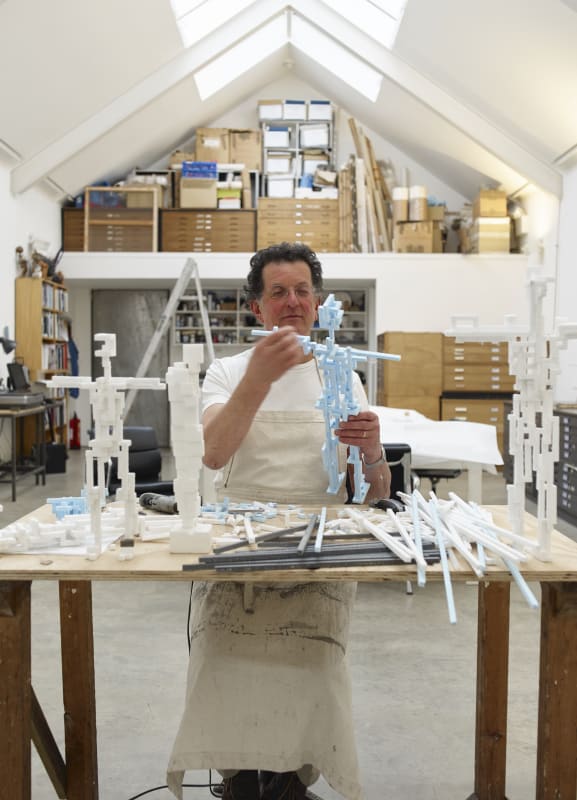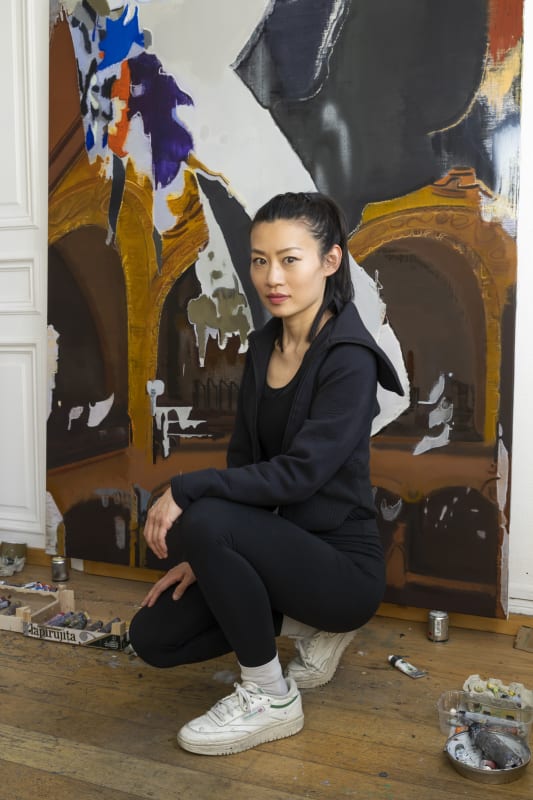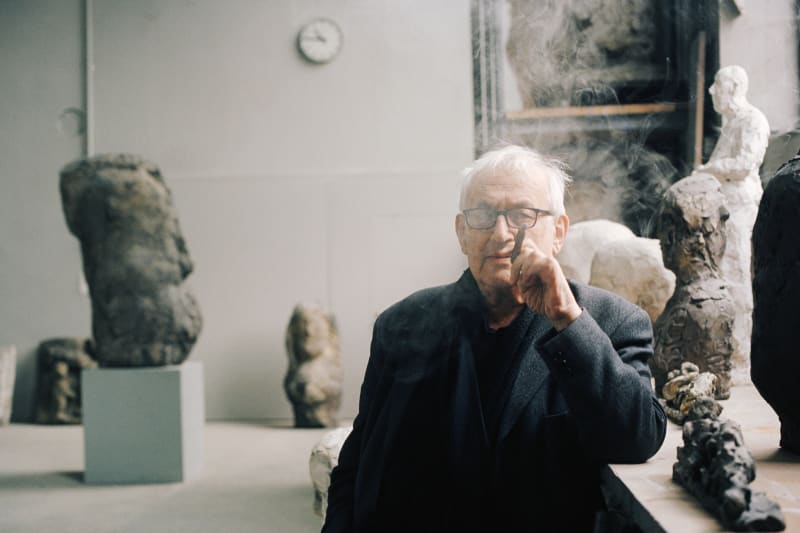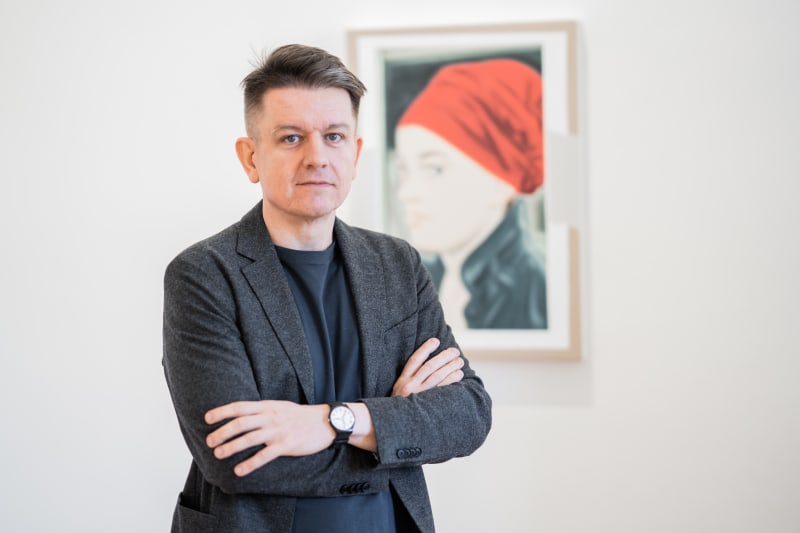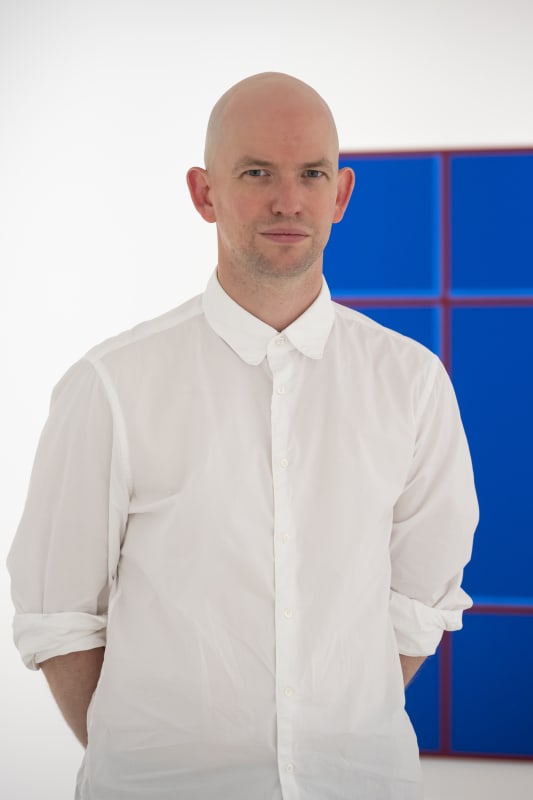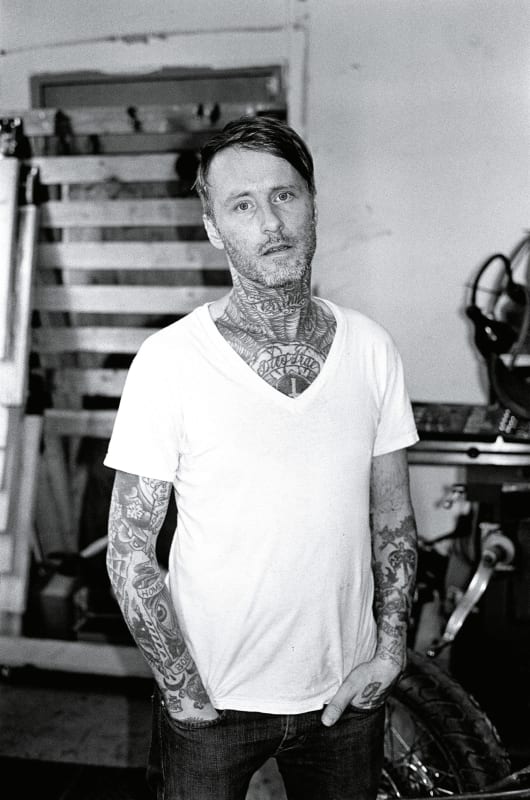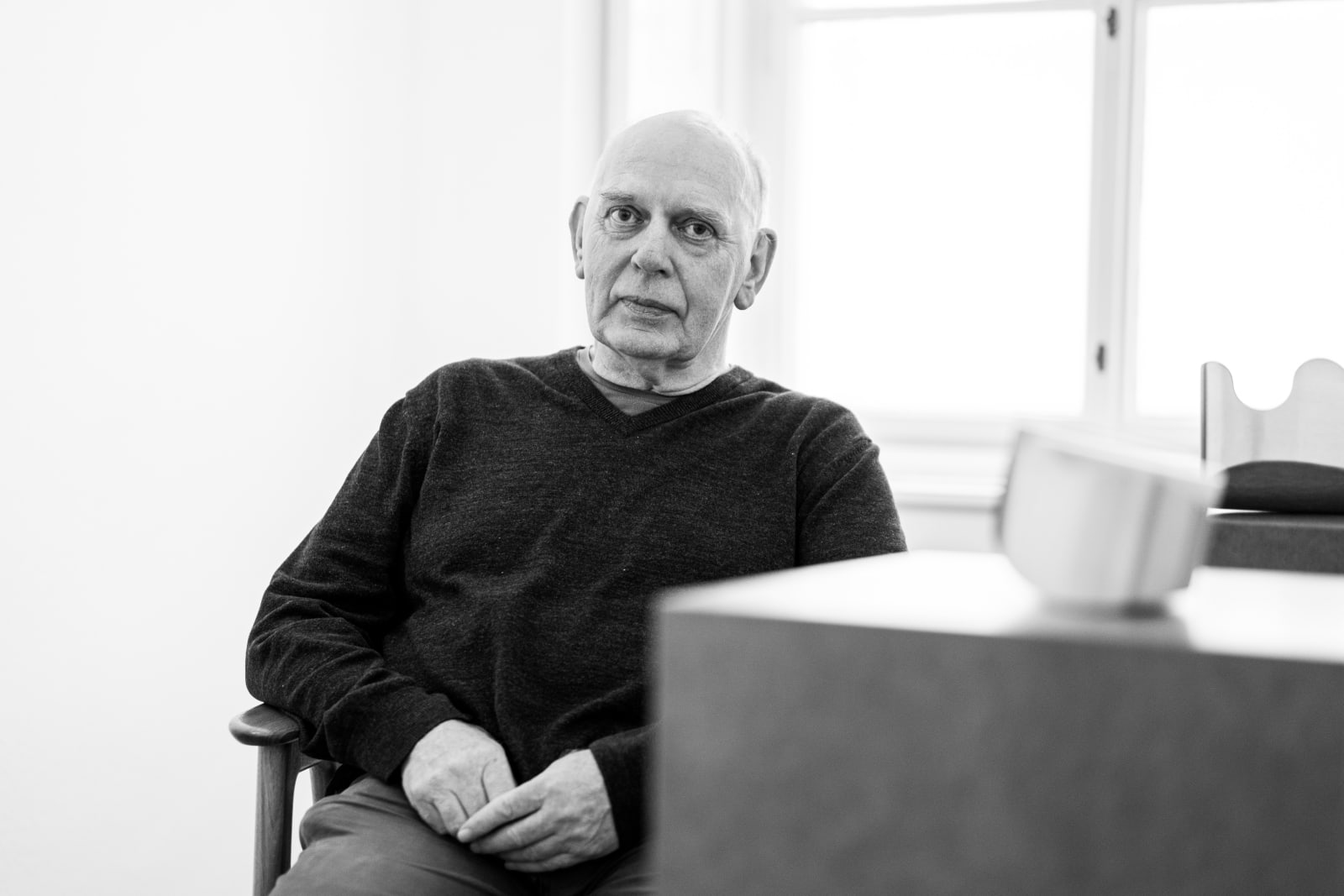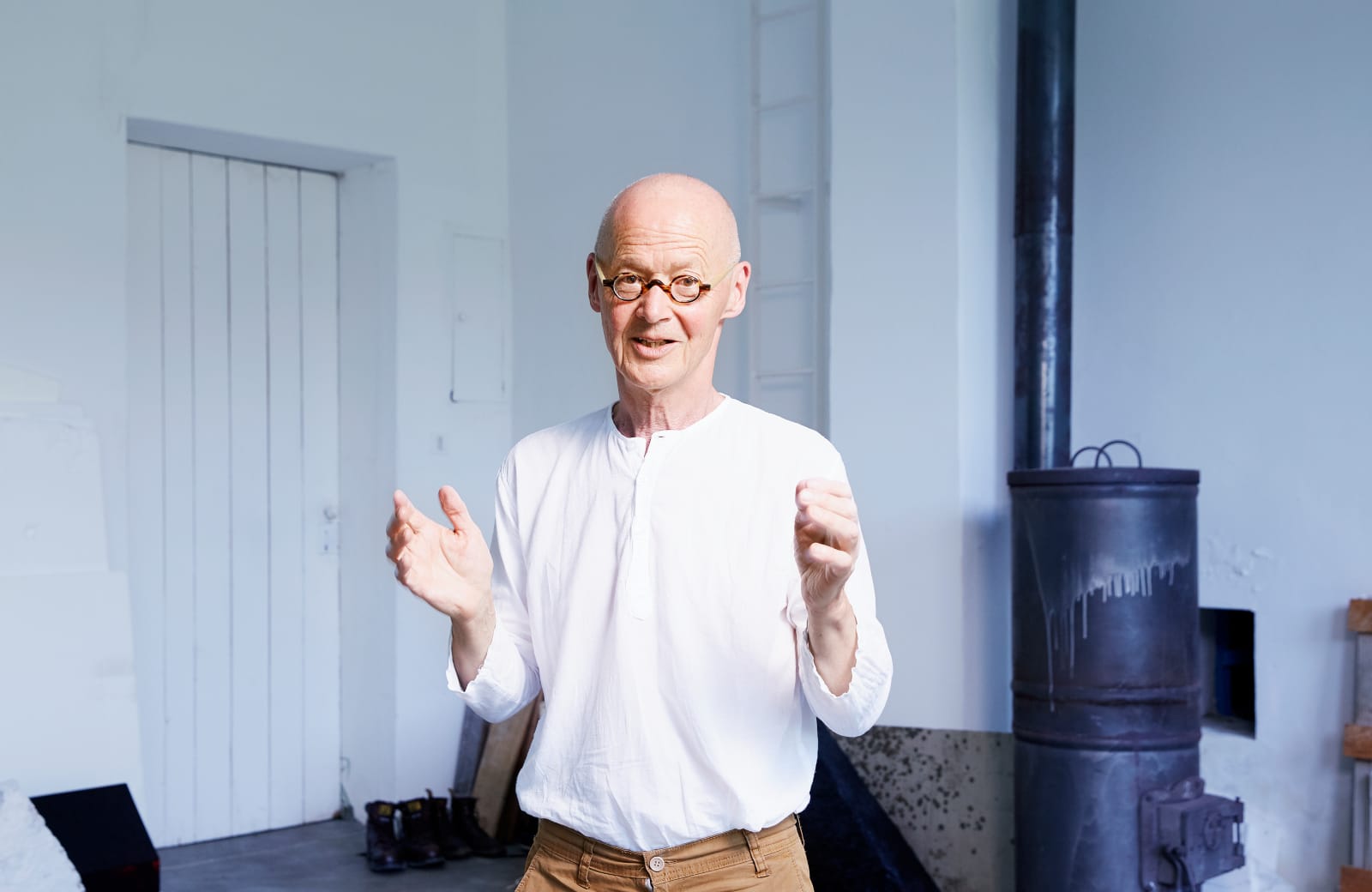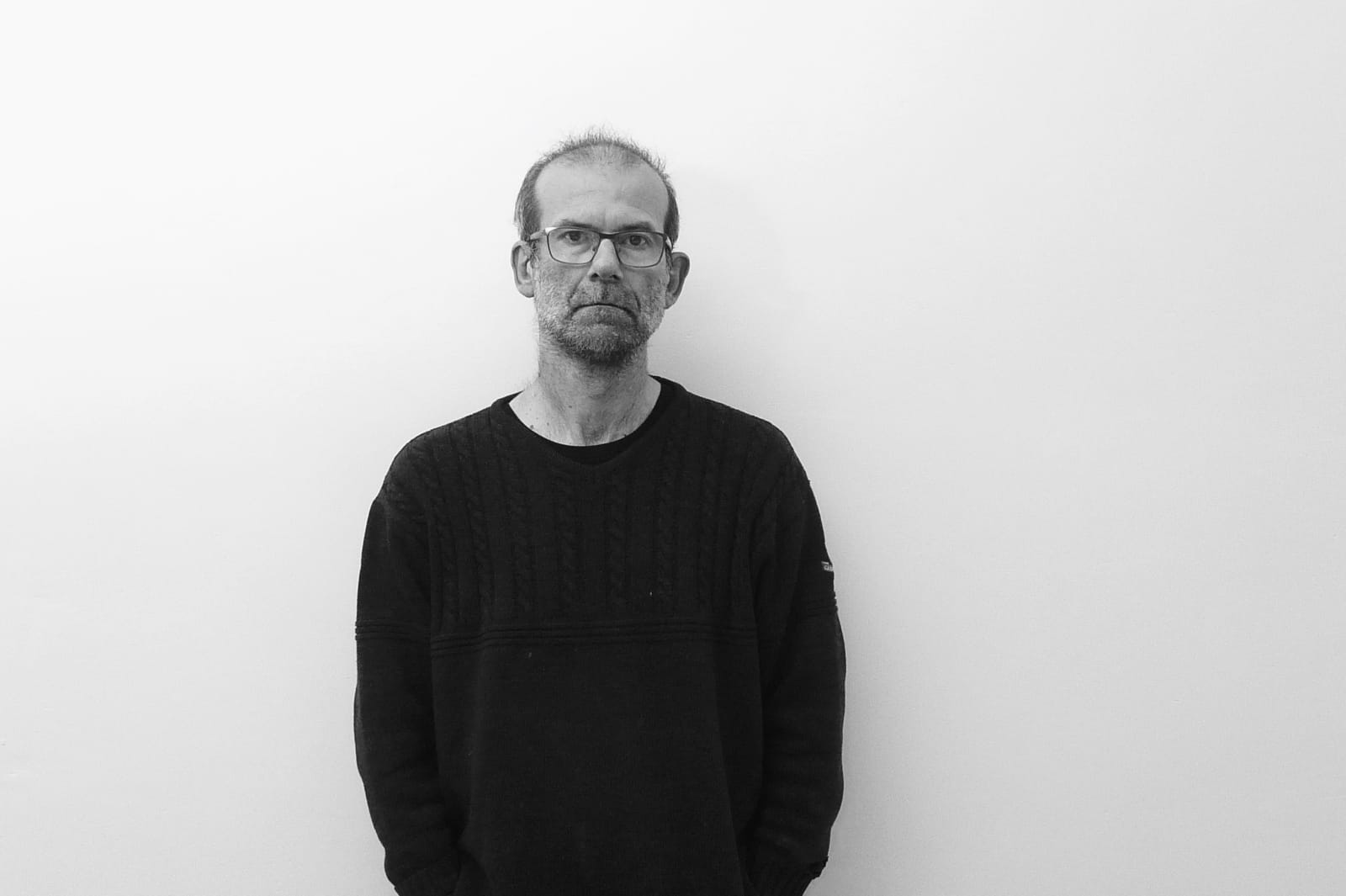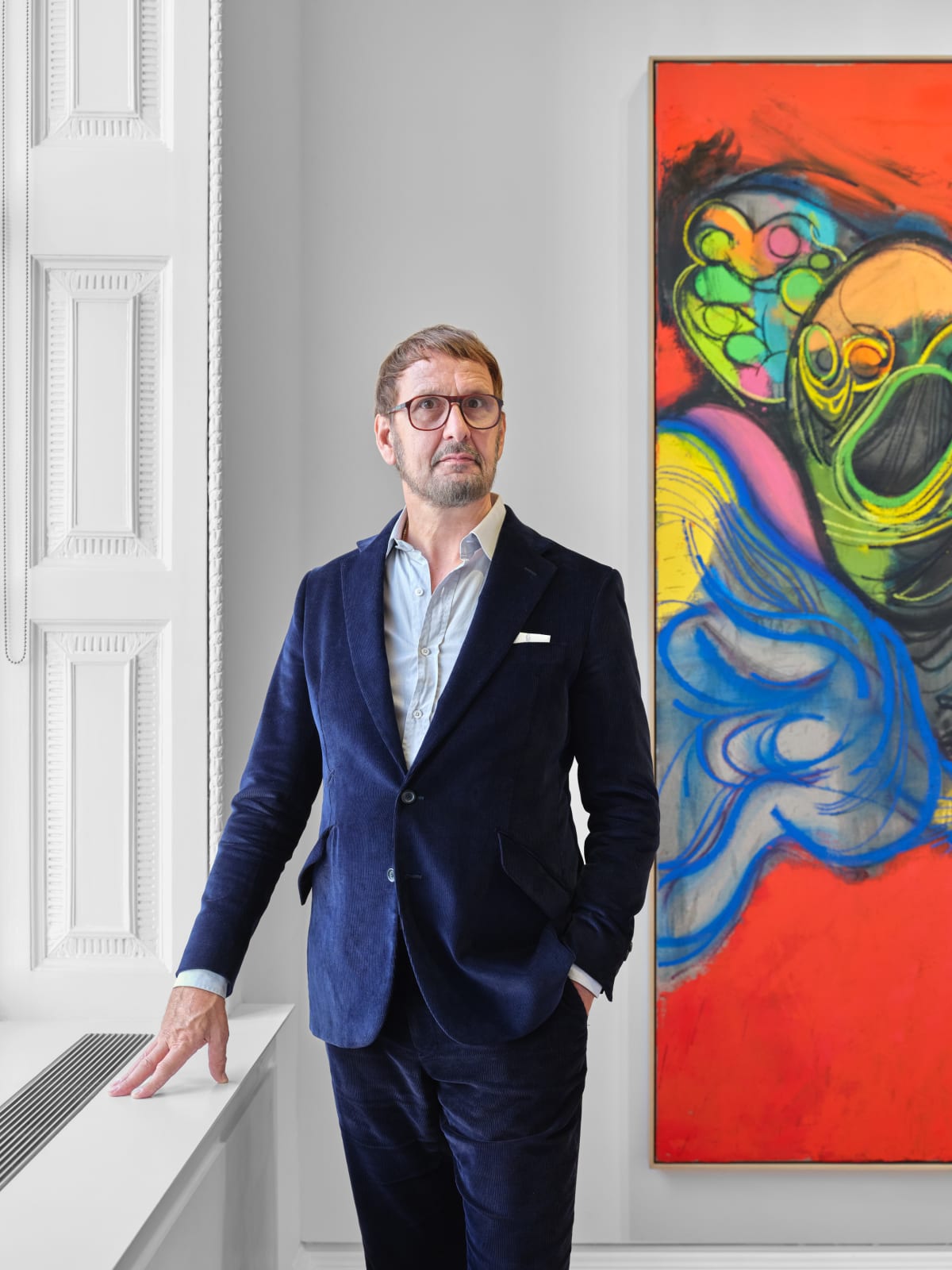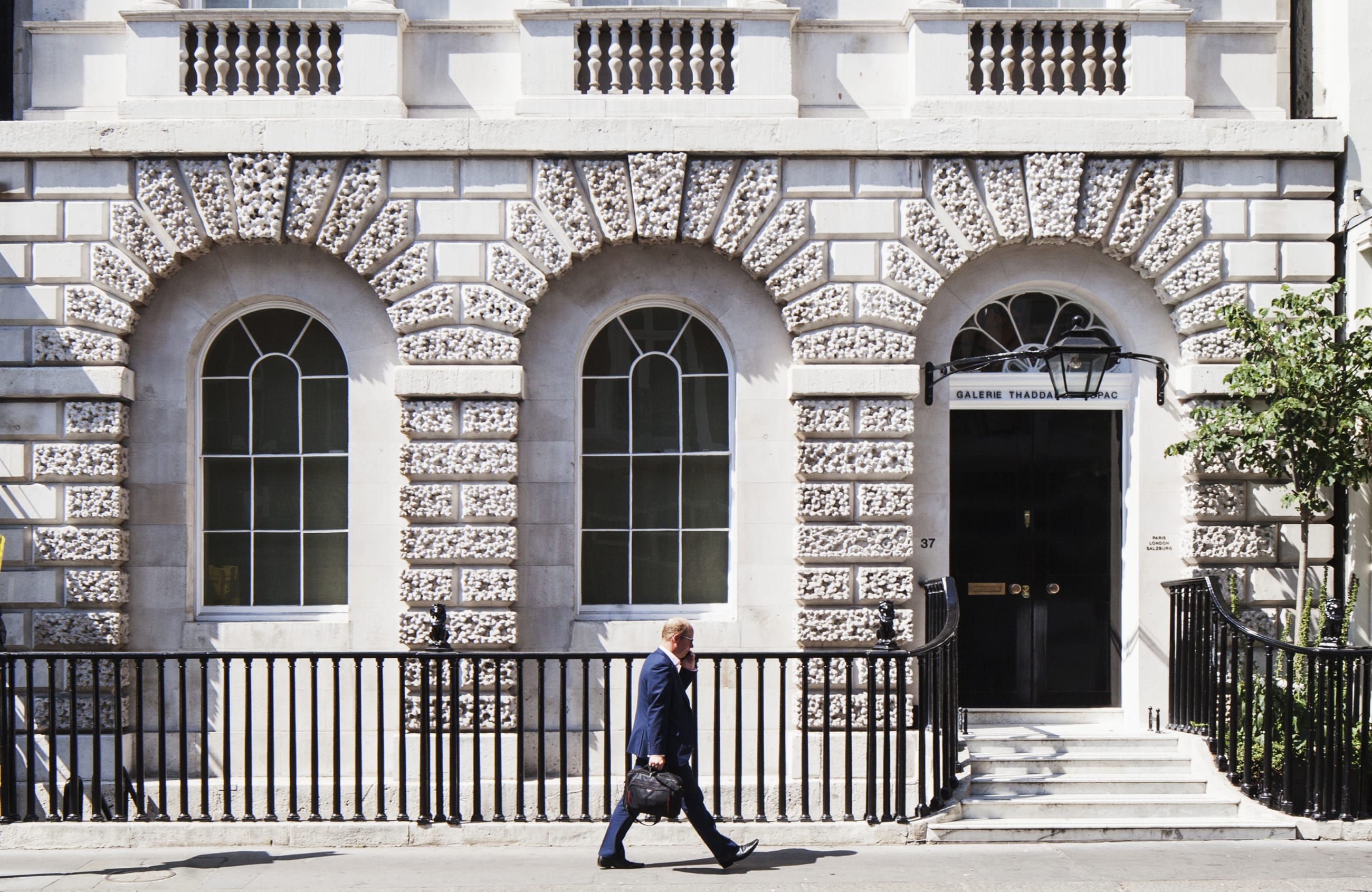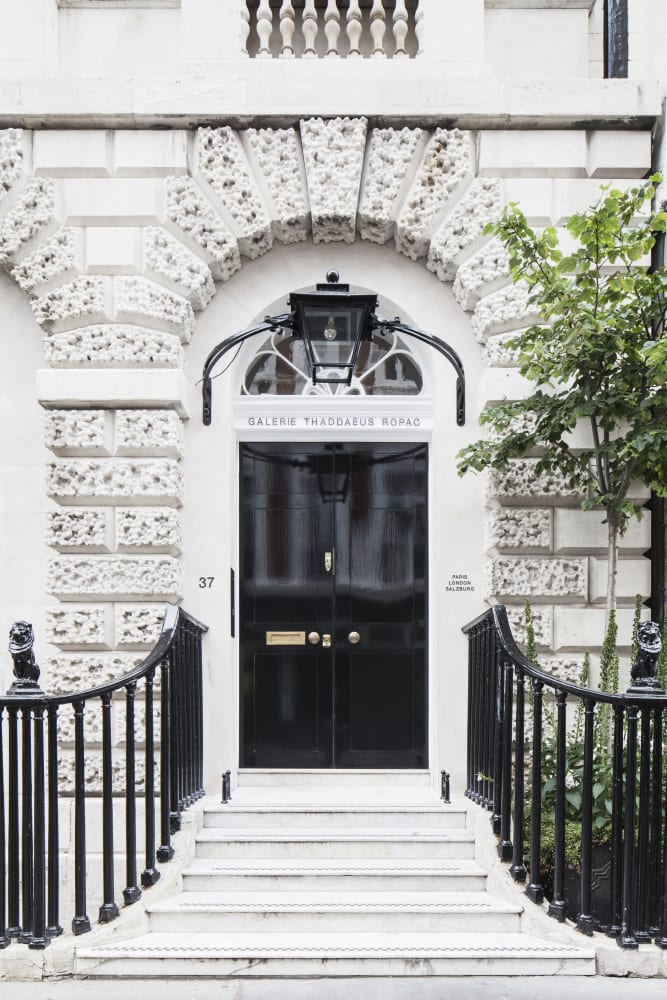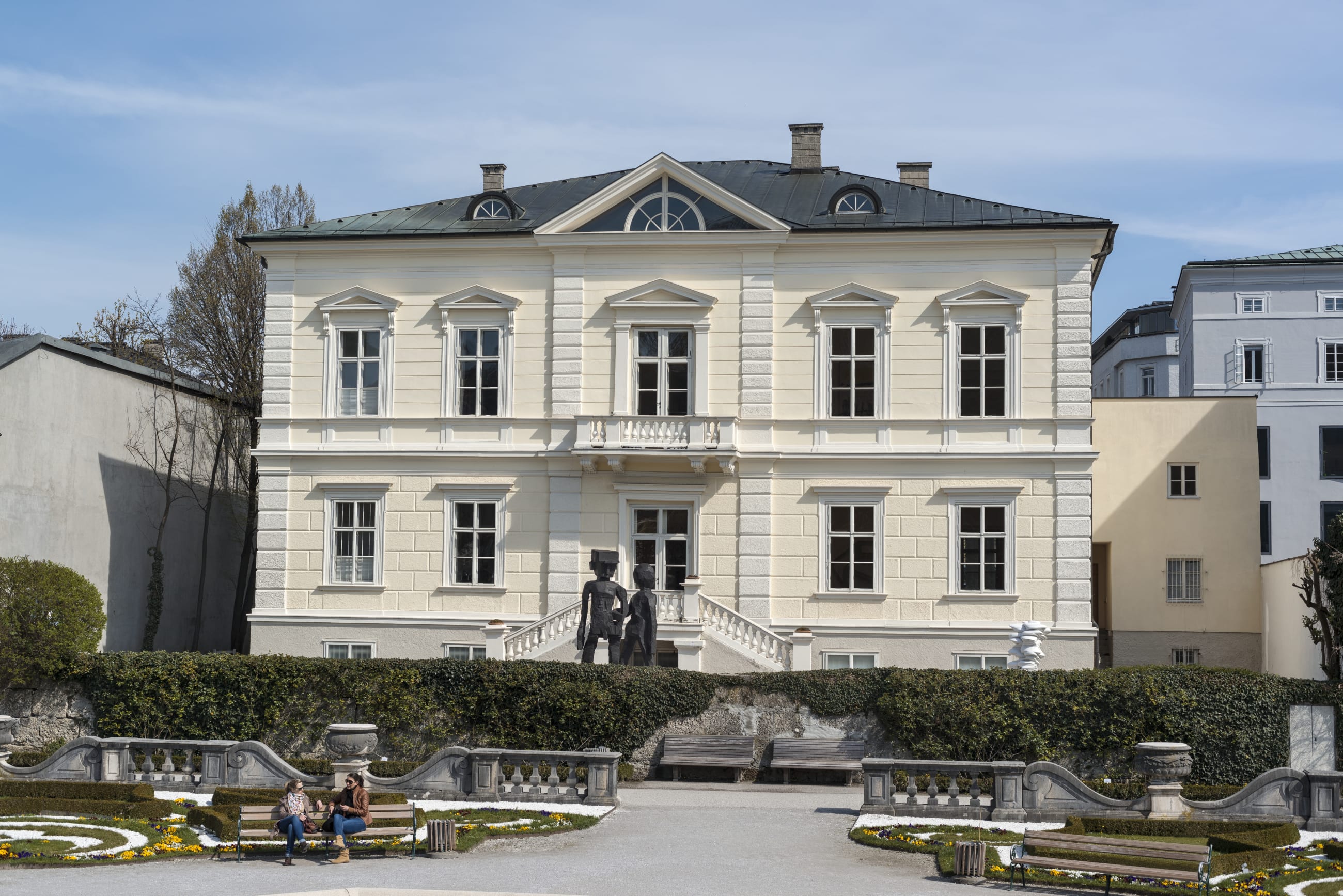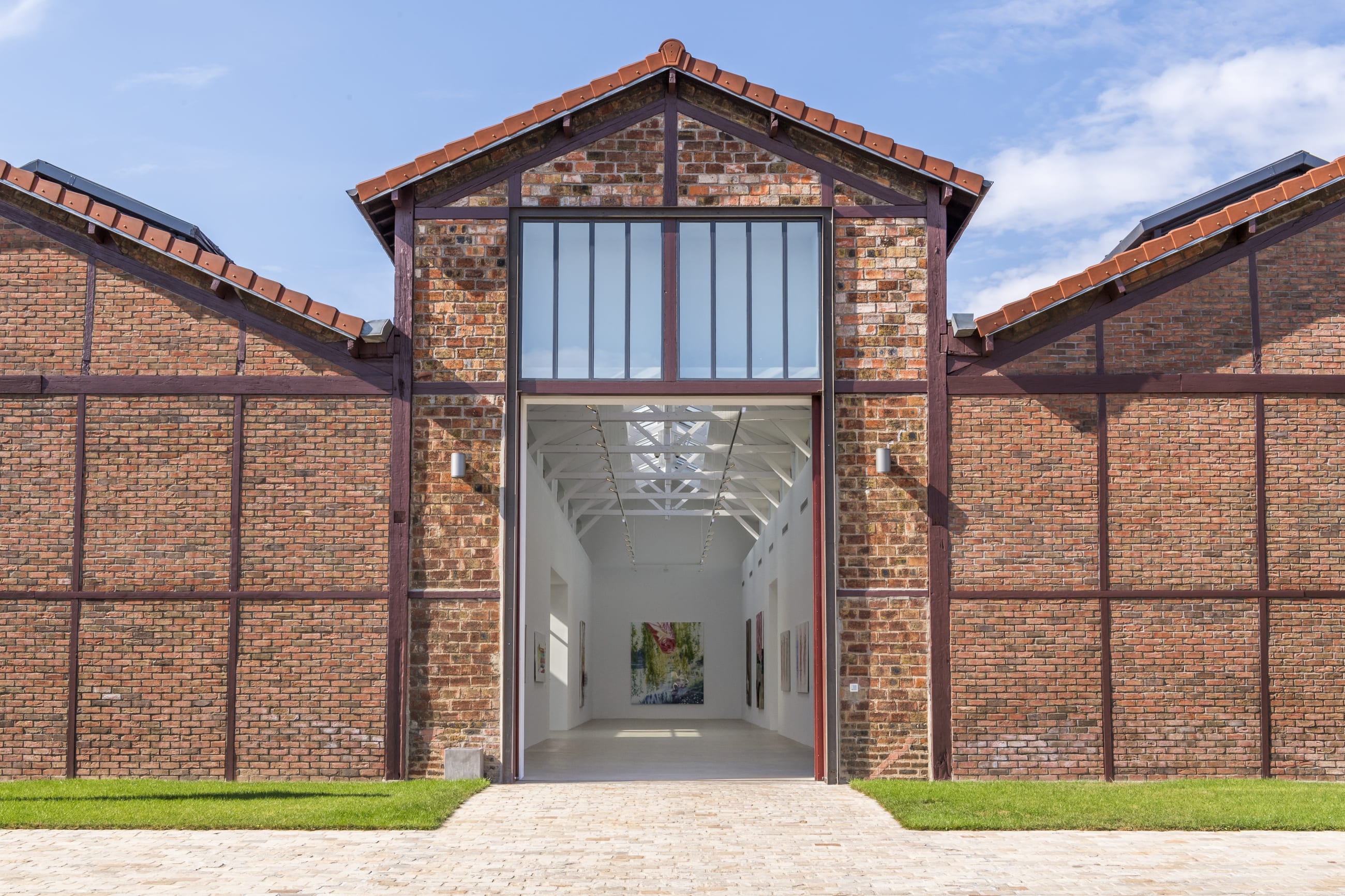Lee Bul First solo exhibition in the Nordic countries
Fragments of mother-of-pearl, a hovering, glassy polished zeppelin and sculptures made from military scrap metal from the border between North and South Korea. The Gothenburg Museum of Art starts 2023 by presenting the celebrated South Korean artist Lee Bul’s first solo exhibition in the Nordic countries.
Lee Bul is regarded as one of the most important artists in Asia and the exhibition in Gothenburg includes many central works, with an emphasis on sculpture. She is chiefly interested in questions about utopias, order and power in relation to the body, materials and architecture.
Hovering zeppelins
The exhibition in Gothenburg features a selection of works from the past fifteen years. A crucial piece in the exhibition is the large-format sculpture Willing to be Vulnerable, a ten-metre-long inflatable, hovering zeppelin in glassy polished silver metallic. These enormous, motorized gas balloons were used chiefly during the interwar period and became associated with optimism for the future and advancing technology, as well as destruction and disasters.
The solo exhibition by Lee Bul is in line with the major focus on important female artists during the past ten years at the Gothenburg Museum of Art.
Artistic debut in tumultuous times
Lee Bul was born in 1964 and is active in Seoul. After graduating from the Hongik University College of Fine Arts in Seoul 1987, she embarked on her path as an artist by carrying out several performances in the public space that attracted a lot of attention, for instance on buses and street intersections in Seoul and Tokyo. Dressed in complex costumes, hand-made by the artist – a kind of soft sculptures fitted with extra heads, arms and tentacles – she posed questions about violence, rights, power relations, symbols and the female body. Since Lee Bul was navigating the public space, the works also explore the political and social context. South Korea’s modern history and swift transition from military dictatorship to democracy during the 1980s brought great advances in finance, urbanization, welfare and technological systems. Lee Bul is interested in how these narratives are connected to utopias and modernity, but also to the opposite: accidents, disasters, conflict and collapse.
Emotionally charged and unconventional materials
From the late 1990s and onward, Lee Bul’s works become increasingly bold and require more and more space. The sculptures are no longer concerned with the artist’s own body, but with the room itself. Lee Bul often works with emotionally charged and unconventional materials such as military scrap metal from the DMZ, the heavily guarded border zone between North and South Korea. This is precisely what the work Aubade V, which is shown at the Gothenburg Museum of Art, is made of. The remnants of a border post have been rebuilt into something resembling a ship, a mast or a lighthouse in rusty metal. The title refers to the romantic song tradition that is about the involuntary separation of two lovers.
Lee Bul based the work Scale of Tongue on a tragic event in recent time. The ferry MV Sewol sank on the coast of South Korea in 2014 and over 300 people – passengers as well as rescue personnel – perished. The accident, which has sparked investigations, controversies and legal processes, is still an open wound in South Korean society. The sculpture, which calls to mind a mountain landscape or the hull of a ship, turned upside down and draped in swathes of black cloth, can be regarded as a labour of memory. Among the materials Lee Bul has used is neoprene, the material in diving suits.
The exhibition is produced by the Gothenburg Museum of Art. A modified version will be shown at the Sara Hildén Museum in Finland during the autumn of 2023.


